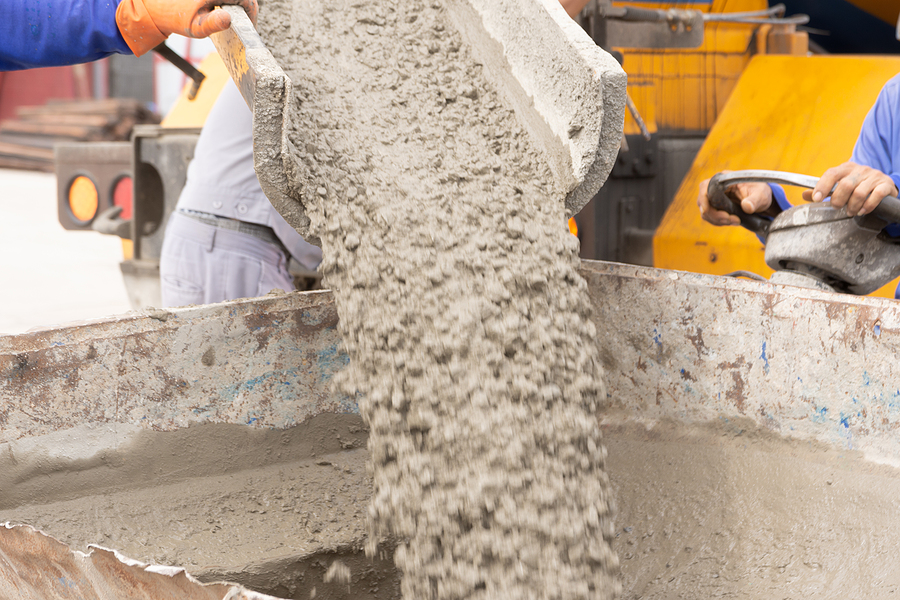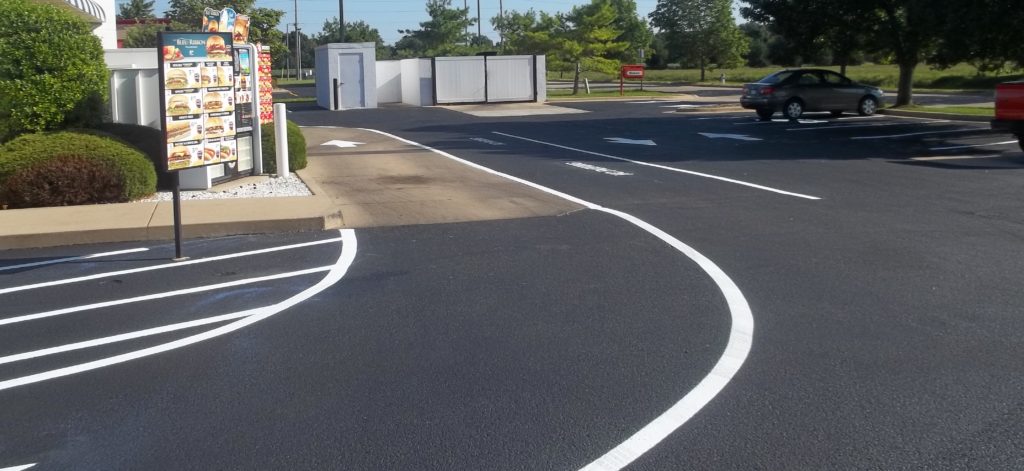Construction efficiency is a critical component in the architecture and building industries. With deadlines to meet and costs to manage, the materials you choose can make all the difference in the world—quite literally—when it comes to the soundness and timeliness of a project’s completion.
In this extensive guide, we’ll delve into the transformative role that ready mix concrete (RMC) plays in construction efficiency and how by adopting it, project stakeholders can streamline their construction processes without cutting corners on quality.

What is Ready Mix Concrete?
At the heart of this powerful solution is the amalgamation of cement, aggregates, water, and additives in carefully controlled proportions at the ready mix concrete plant, to meet specific requirements for strength and composition. As one of the most widely used building materials in the world, ready mix concrete ensures that a perfect mix is ready to meet the requirements of each construction site, every time.
Why Ready Mix Concrete is the Top Choice
☑ Superior Strength: Ready mix concrete delivers a stronger final product, one that stands the test of time better than most on-site mixed alternatives.
☑ Optimal Consistency: Unlike traditional mixing methods, RMC production involves state-of-the-art technology that ensures a consistent mix, batch after batch.
☑ Adaptability: This moldable material can cater to a wide range of project requirements, including those that may involve different weathers and project scales.
Time and Cost Savings
Time is money, and nowhere is this more apparent than in the fast-paced world of construction. Ready mix concrete can slash your project timelines significantly, giving you a substantial competitive edge.
☑ Fast Delivery: With a fleet of specialized trucks, ready mix concrete can be delivered just-in-time to expedite the pouring and setting process, eliminating the wait times of on-site mixing.
☑ Quick Turnaround: A reduction in preparation time means a quicker turnaround on your projects, allowing for additional phases of construction to commence earlier.
Quality and Strength
RMC eliminates variability, giving you peace of mind with a consistently high-quality product that is known to be more reliable than traditional on-site mixing.
☑ Uniformity: Every cubic yard of ready mix concrete contains the same quality, resulting in uniform strength throughout the structural element.
☑ Enhanced Durability: The controlled environment of RMC production minimizes the risk of common flaws like cold joints and segregation, ensuring the longevity of your structures.
Reduced Labor and Equipment Costs
By combining ready mix concrete into your building strategy, you can significantly cut down on the number of workers and machinery hours required.
☑ Streamlined Operations: The simplified process means less labor is involved in the actual mixing and more on floor construction.
☑ Minimized Waste: With ready mix concrete, there are no leftovers from an overestimated on-site mix, reducing both waste and disposal costs.
Increased Project Accuracy and Precision
RMC offers a certain scientific precision that manual mixing simply can’t replicate, leading to a more accurate execution and fewer corrective measures down the line.
☑ Precision Pouring: No guesswork, no mess. RMC’s high-level precision pouring saves time and resources by getting it right the first time.
☑ Structural Integrity: The homogeneity of RMC’s composition ensures structural integrity from the foundation to the roof across all your projects.
Applications of Ready Mix Concrete
Residential Construction
For the home-building sector, ready mix concrete provides both swiftness and stability, catering to the intricate needs of residential projects without compromising on attention to detail.
☑ peedy Foundations: Build your foundation rapidly and securely with expertly prepared RMC.
☑ Reliable Flooring: Trust in RMC for even, robust flooring, ensuring homes are level and sound.
Commercial Construction
In the bustling world of setting up commercial spaces, RMC’s fast-drying and long-lasting properties deliver projects on time and with the durability required for high-traffic areas.
☑ High-Rise Consistency: Maintain consistencies across multiple floors and buildings efficiently with RMC’s repeatable performance.
☑ Infrastructure Readiness: Equip urban settings with the infrastructure they need, on schedule and with confidence in longevity.
Infrastructure Projects
From bridges to roads, RMC becomes the highway to successful infrastructure construction, enhancing both efficiency and societal safety.
☑ Bridge Ramps: Ensure the smooth and safe flow of traffic with carefully designed ready mix concrete mixes for bridge approach slabs.
☑ Well-Paved Paths: Build roads and highways of lasting quality and minimal traffic disruption.
Environmental Considerations of RMC
Though concrete can be a significant carbon emitter, utilizing RMC can actually have positive environmental implications if handled responsibly.
☑ Waste Minimization: Choose a supplier who has a zero-waste policy for ready mix concrete production, significantly reducing the environmental impact of your build.
☑ Recycled Aggregates: Incorporating recycled materials into RMC production further lessens the environmental footprint, without compromising strength or quality.
Conclusion
Adopting ready mix concrete is more than just a choice; it’s a strategy for enhancing all facets of construction. Its ability to reduce time, labor, and costs while upholding superior quality and strength makes RMC an indispensable asset in the build environment. As the construction industry continues to evolve with technology and ecological considerations, ready mix concrete remains a dependable foundation for sustainable, efficient, and robust building practices. Embrace RMC, and build the future with confidence and efficiency.
Are you looking for a trusted team of commercial asphalt contractors in your area for asphalt repair? Contact ACI Asphalt and Concrete at 317-549-1833 to get in touch with our licensed commercial concrete ready mix installers in Indianapolis, Indiana.
Related Posts:
A Quick Comparison of Warm Mix Asphalt and Hot Mix Asphalt
Common Asphalt Concrete Mixture Formulations
4 Common Mistakes People Make When Pouring a Concrete Slab


